War as a phenomenon has always been present in human history, but its meaning is far from simple. War reflects the wide impact of conflict, suffering and consequences that shape the development of nations and the lives of countless people. To understand the nature of war, it is necessary to understand its various dimensions.
War is, at its core, a state of armed conflict between different nations or groups, often involving the use of force, aggression and destruction. This aspect of confrontation is only the tip of the iceberg, as war encompasses a wider range of aspects.
War has played a decisive role in the development of human history and culture. From the ancient battles that determined the rise and fall of empires, to the modern conflicts in the political arena, which result in no less brutal and destructive forms.
One of the most tragic aspects of war is the human victim. It causes physical and psychological trauma – leaving lasting scars on individuals and societies. The loss of life, displacement and trauma endured by those directly and indirectly affected are clear reminders of the devastating impact of war.
War is often the result of political disputes, territorial ambitions or economic interests. Moreover, the economic costs of war are enormous, diverting resources from development and prosperity.
Can war be morally and ethically justified? The justifiability of war, the principles governing the treatment of combatants and non-combatants, and the pursuit of peace through diplomatic means challenge our moral posture, how we internally relate to the existence of war. The aim of resolving conflicts by diplomatic means is to prevent and mitigate the devastating effects of war.
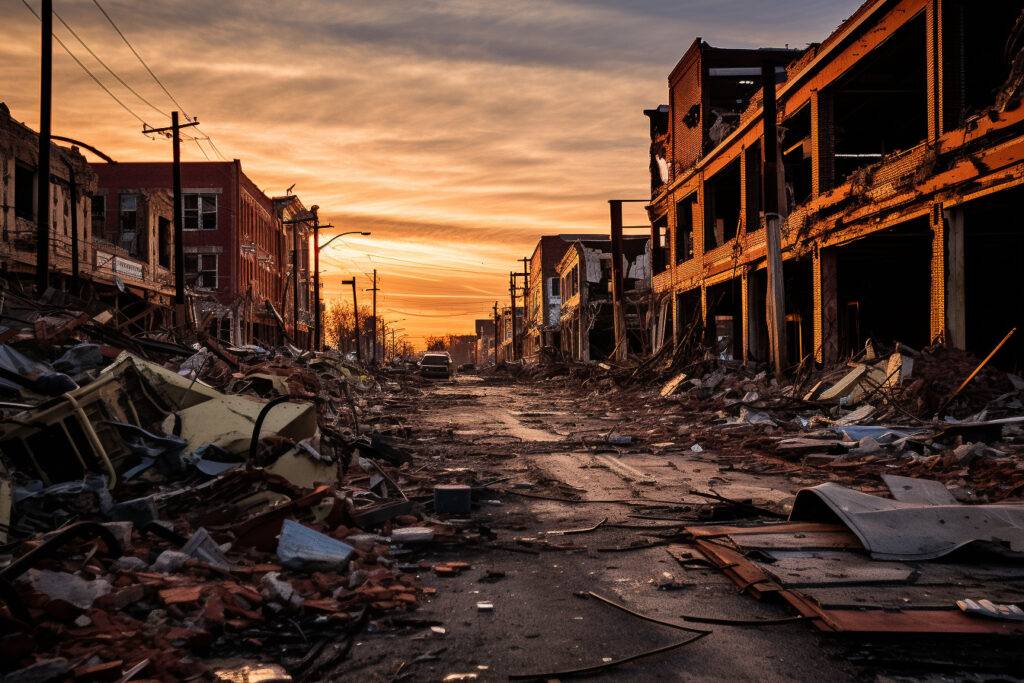
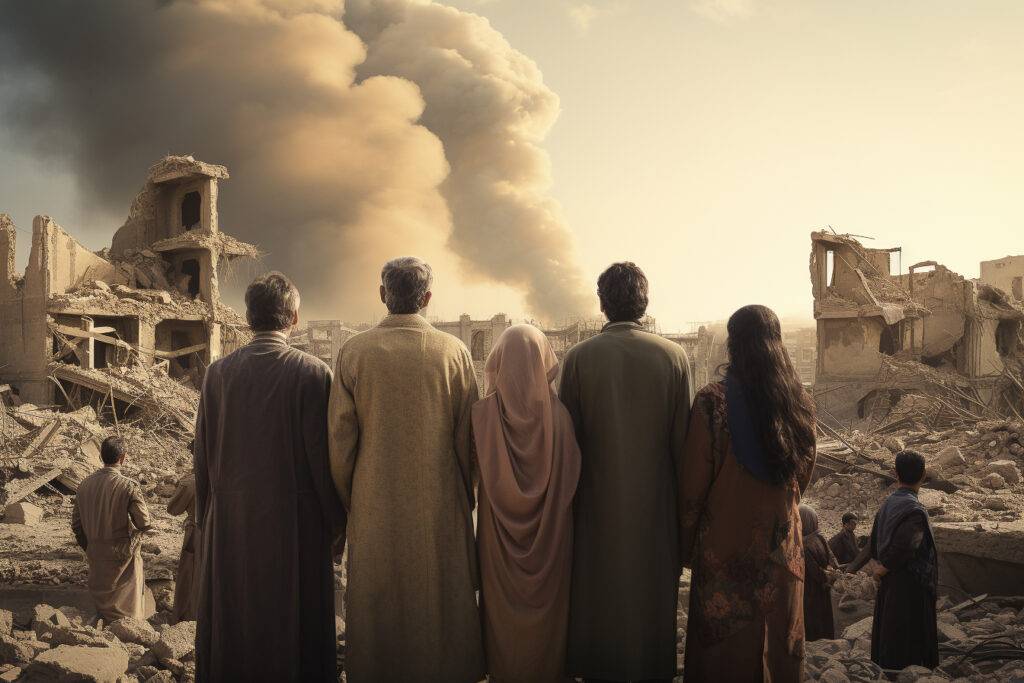
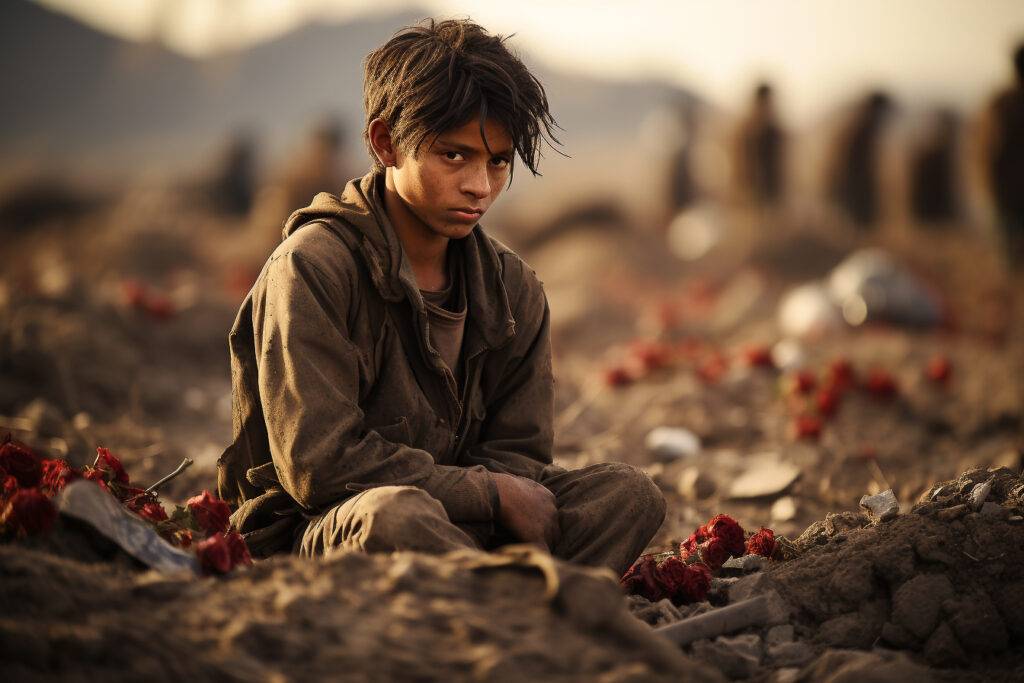
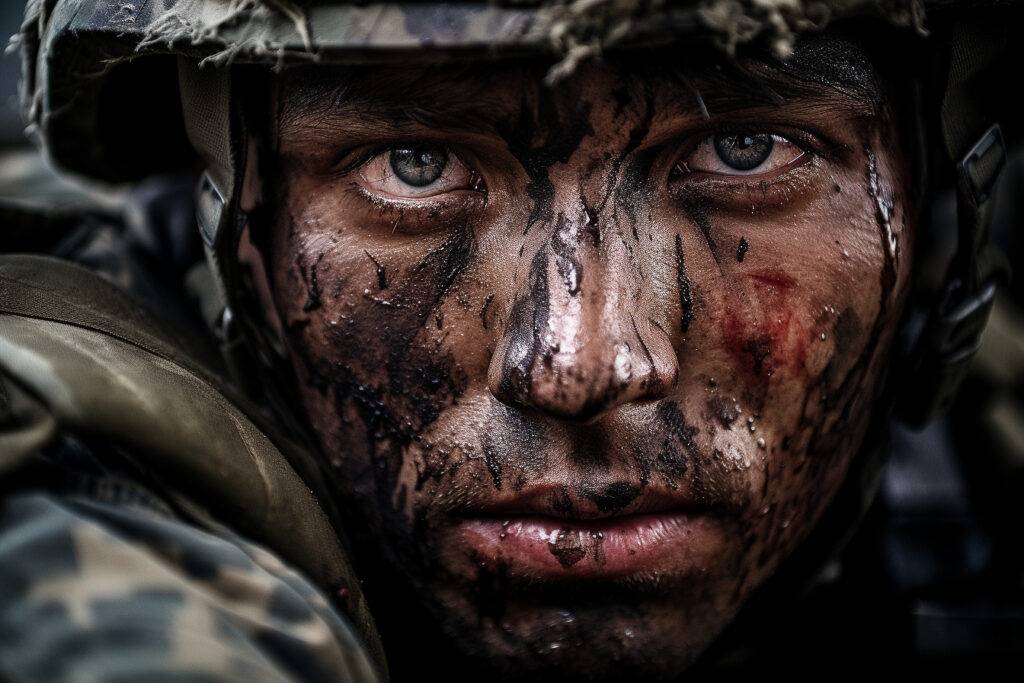
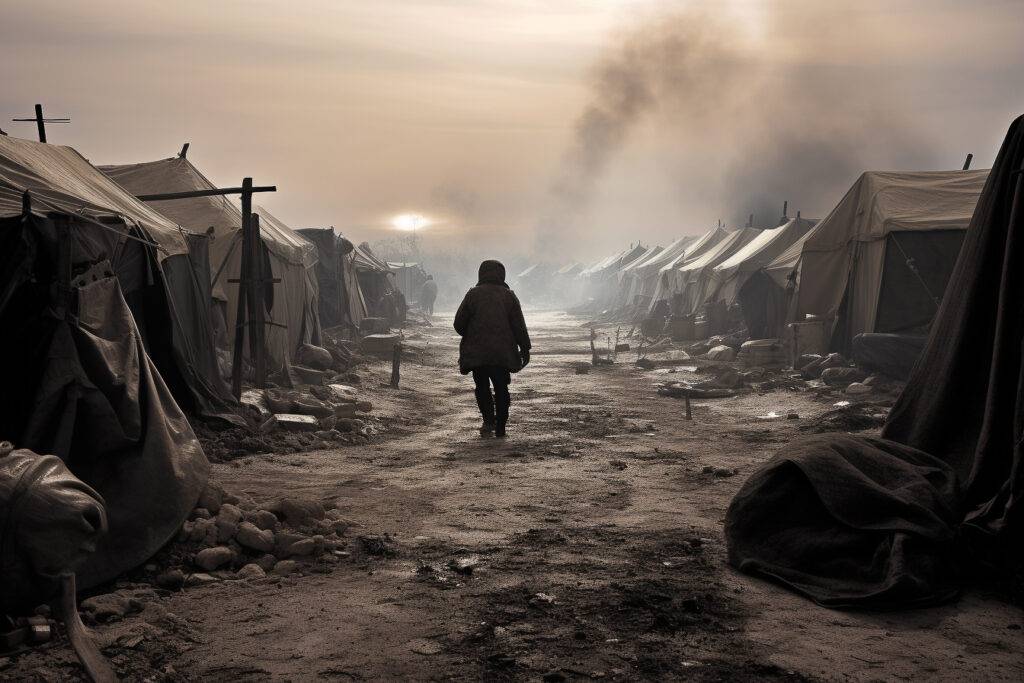
Peace, unlike war, embodies hope, cooperation and a shared aspiration for a better future. Unfortunately, not all individuals can understand this!